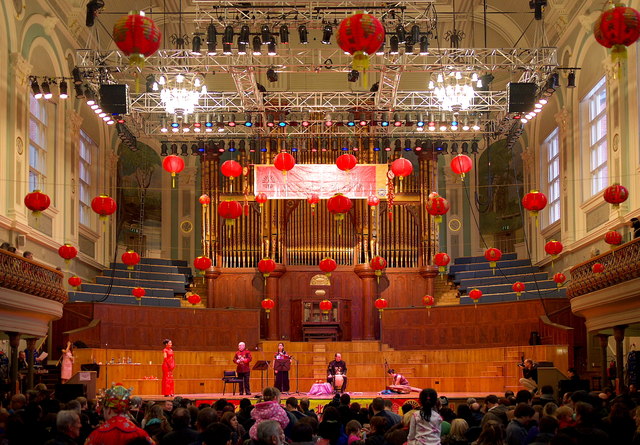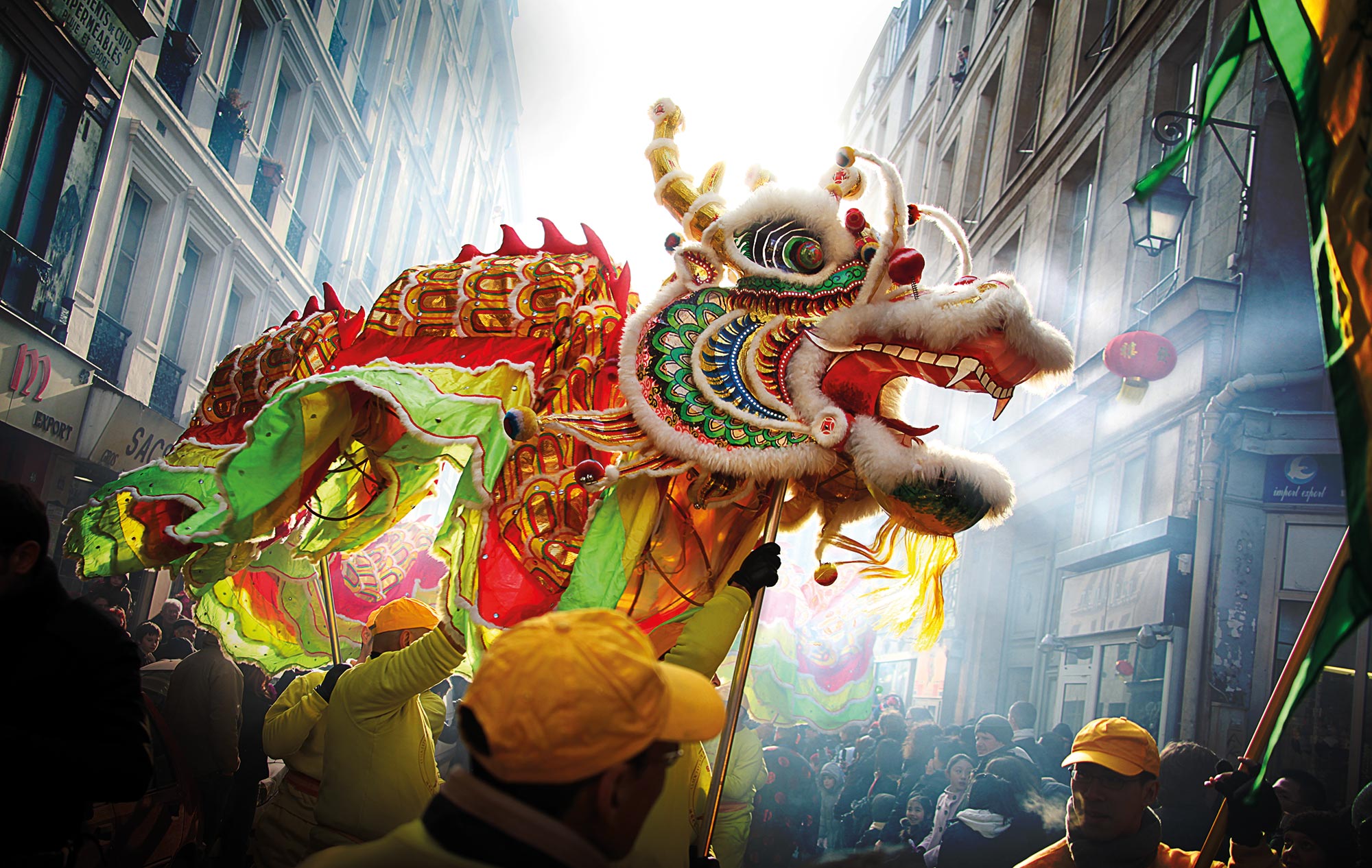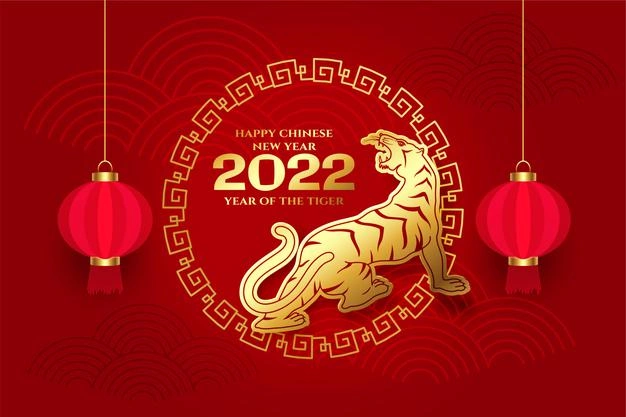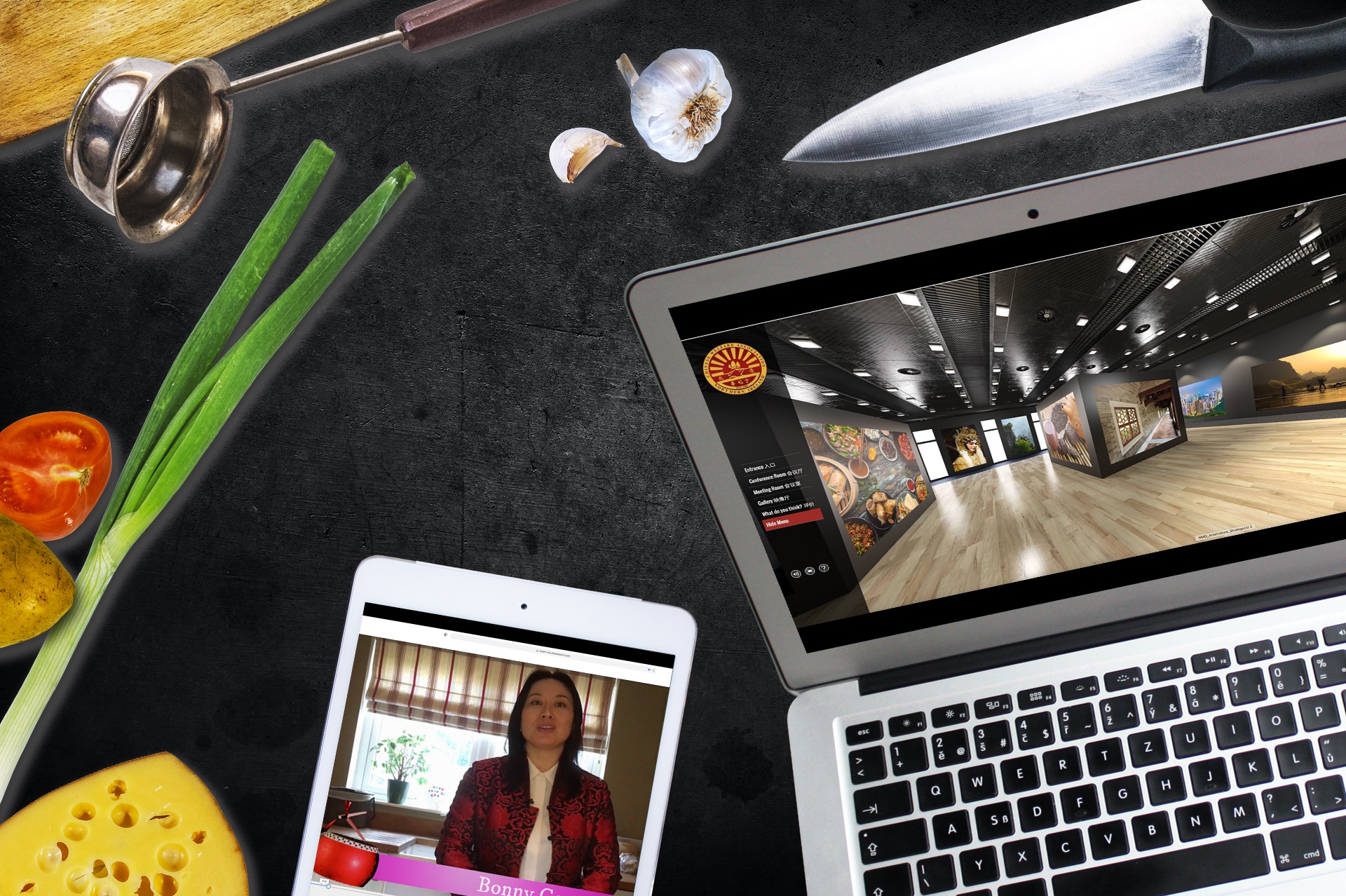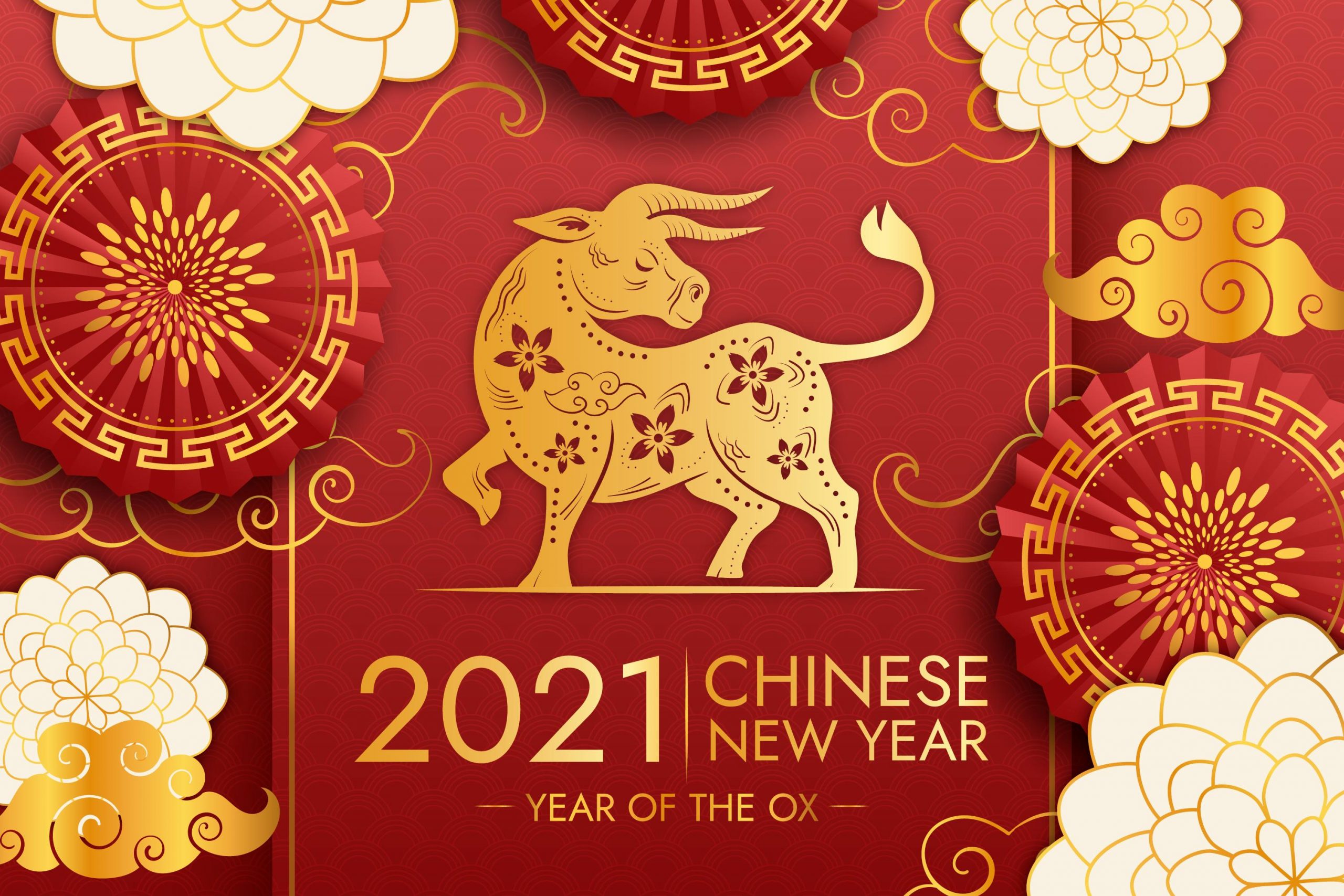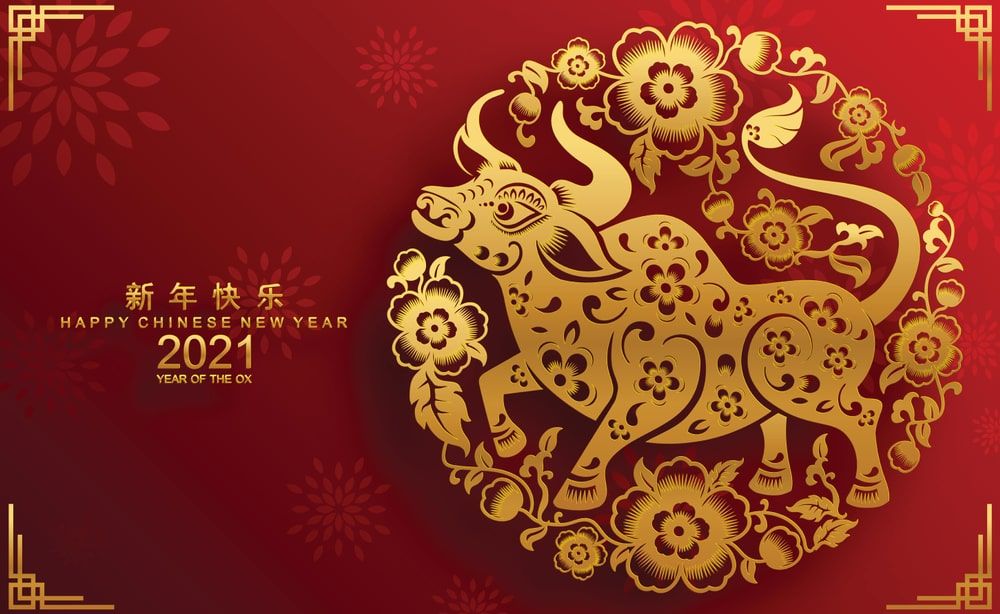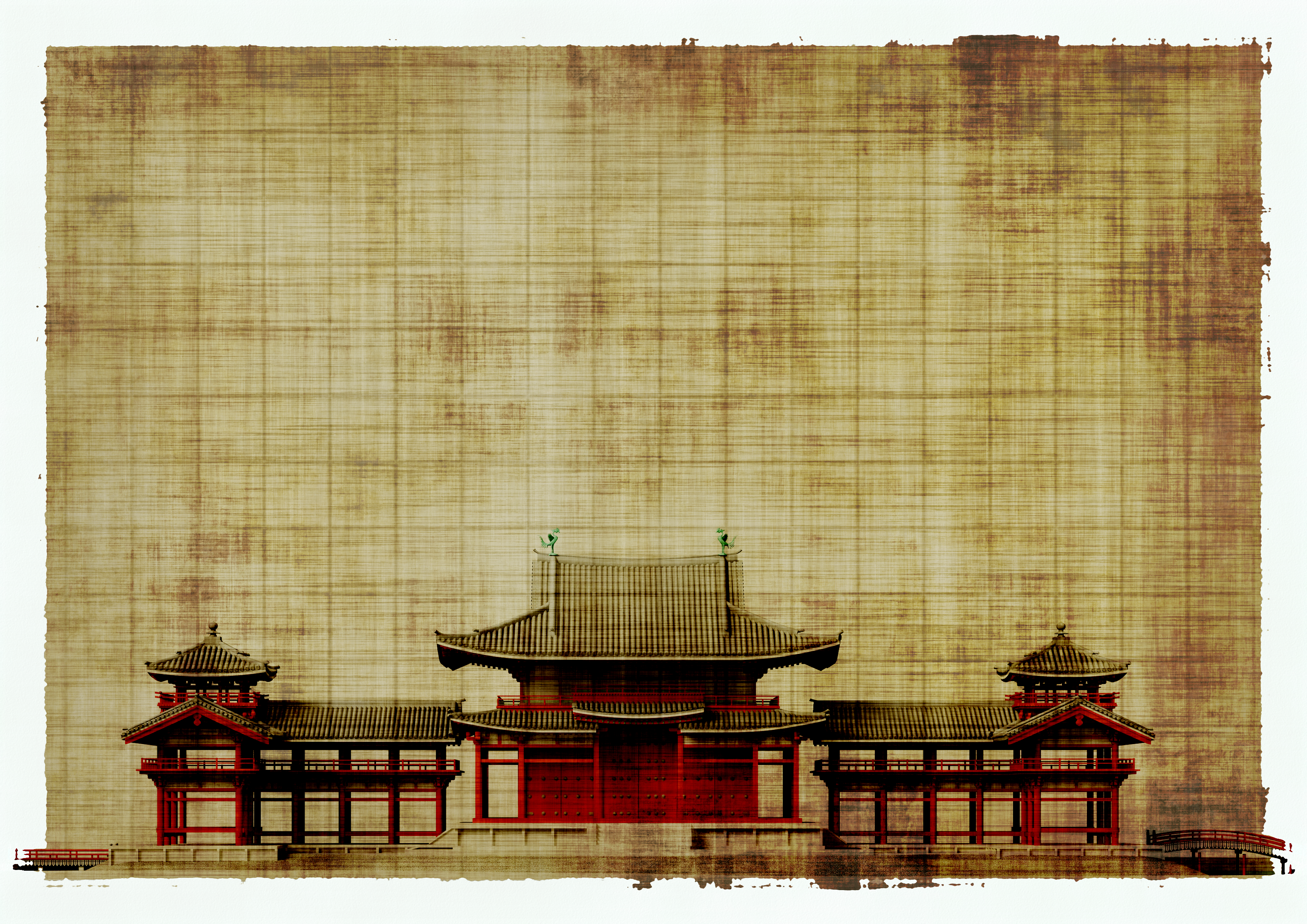Lantern Festival Lights up 2022
On the 15th day of the first lunar month, two weeks after Chinese New Year, another important traditional Chinese festival, the Chinese Lantern Festival or Yuan Xiao Jie or Yuanxiao Festival (元宵节), is celebrated. It marks the first full moon of the new lunar year and the end of the Chinese New Year (Spring Festival) period. Chinese Lantern Festival 2022 will be celebrated on Tuesday, February 15th in 2022.
On the night of the Chinese Lantern Festival, streets are decorated with colorful lanterns, often with riddles written on them. People eat sweet rice balls called tangyuan, watch dragon and lion dances, and set off fireworks.
Content Preview
Chinese Lantern Festival Facts
- Popular Chinese name: 元宵节 Yuánxiāojié /ywen-sshyaoww jyeah/ 'first night festival'
- Alternative Chinese name: 上元节 Shàngyuánjié /shung-ywen-jyeah/ 'first first festival'
- Date: Lunar calendar month 1 day 15 (February 15, 2022)
- Importance: marks the end of the Chinese New Year (Spring Festival) period
- Celebrations: enjoying lanterns, lantern riddles, eating tangyuan a.k.a. yuanxiao (ball dumplings in soup), lion dances, dragon dances, etc.
- History: about 2,000 years
- Greeting: Happy Lantern Festival! 元宵节快乐!Yuánxiāojié kuàilè! /ywen-sshyaoww-jyeah kwhy-luh/
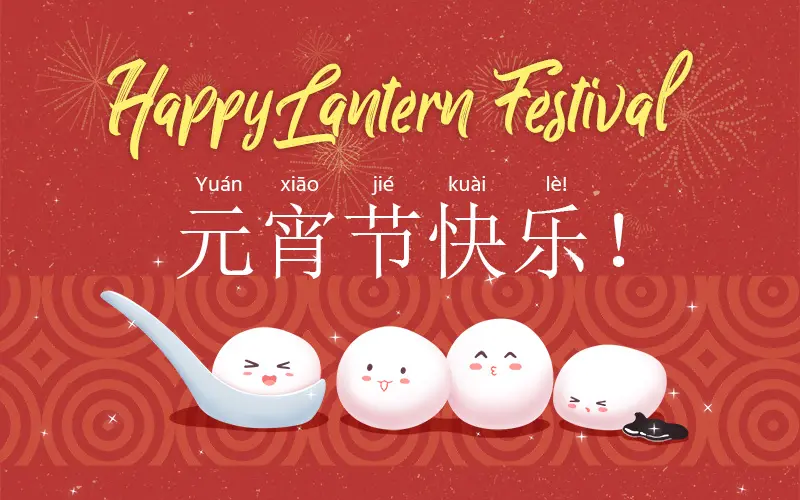
When is the Chinese Lantern Festival 2022?
Chinese Lantern Festival is on the 15th day of the first Chinese lunar month (always between February 4 and March 6). In 2022, the Chinese Lantern Festival will fall on Tuesday, February 15.
| Year | Chinese Lantern Festival Date |
|---|---|
| 2020 | February 8 |
| 2021 | February 26 |
| 2022 | February 15 |
| 2023 | February 5 |
| 2024 | February 24 |
The Significance of the Chinese Lantern Festival
Chinese New year, also called Spring Festival in China, marks the beginning of the Spring season. The Chinese Lantern Festival marks the final day of these celebrations. After the Lantern Festival, Chinese New Year taboos are no longer in effect, and all New Year decorations are taken down. Some people still wait till after the festival to return to work or study.
The lanterns symbolize people letting go of the past year and welcoming the new year with good fortune.
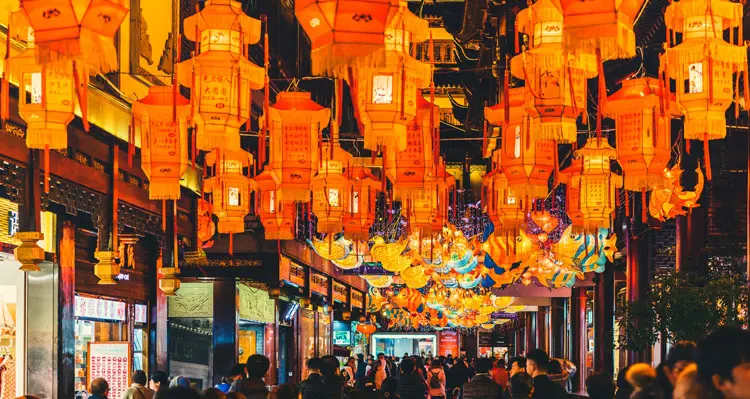 China's Lantern Festival
China's Lantern FestivalThe Origins and Stories of Chinese Lantern Festival
Chinese Lantern Festival can be traced back to 2,000 years ago. There are many origin stories about it. Here are two of the most popular ones:
Origin Story 1: A Buddhist Celebration
Ruling the beginning of the Eastern Han Dynasty (25–220), Emperor Hanmingdi was an advocate of Buddhism. He heard that some monks lit lanterns in their temples to show respect to Buddha on the fifteenth day of the first lunar month.
Therefore, he ordered that all the temples, households, and royal palaces should light lanterns on that evening. This Buddhist custom gradually became a grand festival among the people of China.
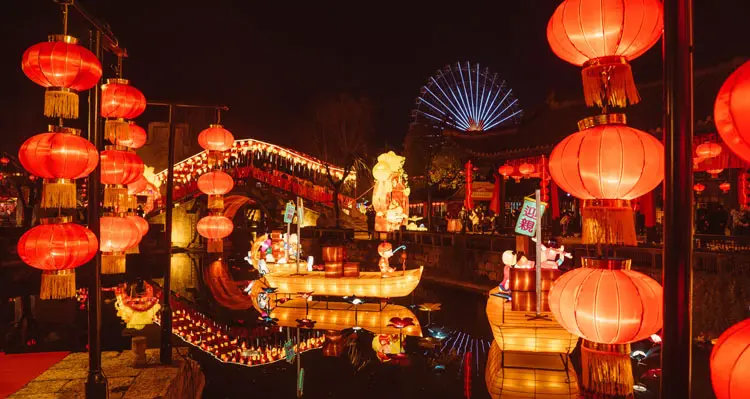
Origin Story 2: A Trick Played on the Jade Emperor
A legend has it that the Jade Emperor's favorite crane was killed by some villagers. So, he decided to destroy the village with fire on the fifteenth day of the lunar year. The Jade Emperor's daughter felt very sad about this and warned the villagers about what was going to happen.
Then, a wise man advised the villagers to hang red lanterns to give the Jade Emperor the impression that the village was already on fire. The emperor was fooled and the village survived. This tradition of hanging red lanterns on the fifteenth day of the lunar year has continued until the present time.
History of Chinese New Year
All good stories change bit over time, as each teller adds a little or changes something. A story that is over 3,500 years old has been told many times and it has taken on a life of its own.
The story of how the most important holiday in Chinese culture began is no different but many of the best bits have remained unchanged. The centuries-old legend of the origins of the Chinese New Year celebration always includes a story of a terrible mythical monster preying on villagers. The lion-like monster’s name was Nian (年), which is also the Chinese word for “year."
The stories often include a wise old man who counsels the villagers to ward off the evil Nian by making loud noises with drums and firecrackers and by hanging red paper cutouts and scrolls on their doors, because Nian is scared of the color red.So the villagers took the old man’s advice and Nian was conquered. On the anniversary of the date, the Chinese recognize the “passing of the Nian,” known in Chinese as guo nian (过年), which is synonymous with celebrating the new year.
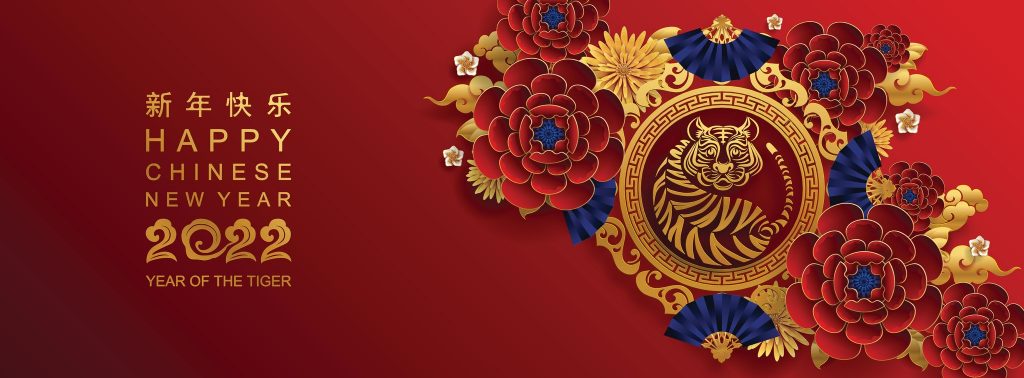 Lunar Calendar
Lunar Calendar
The date of Chinese New Year changes each year because it's based on the lunar calendar. While the western Gregorian calendar is based on the Earth’s orbit around the sun, the date of Chinese New Year is determined according to the moon’s orbit around the Earth. Chinese New Year falls on the second new moon after the winter solstice. Other Asian countries such as Korea, Japan, and Vietnam also celebrate the new year using the lunar calendar.
While Buddhism and Daoism have unique customs during the New Year, Chinese New Year is far older than both religions. As with many agrarian societies, Chinese New Year is rooted in a celebration of spring, like Easter or Passover.
Depending on where it's grown, the rice season in China lasts roughly from May to September (north China), April to October (Yangtze River Valley), or March to November (Southeast China). The New Year was likely the start of preparations for a new growing season.
Traditional Customs
On Chinese New Year, families travel long distances to meet and make merry. Known as the "Spring movement" or Chunyun (春运), a great migration takes place in China during this period as many travelers brave crowds to get to their hometowns.
Though the holiday is actually just a week long, traditionally it's celebrated as a 15-day holiday when firecrackers are lit, drums are heard on the streets, red lanterns glow at night, and red paper cutouts and calligraphy hang on doors. Children are also given red envelopes containing money. Many cities around the world hold New Year parades complete with dragon and lion dances. Celebrations conclude on the 15th day with the Lantern Festival.
Spring cleaning is a common theme during this time. Many Chinese families clean out their homes during the holiday. The New Year celebration could also have been a way to break up the boredom of the long winter months.
Food is an important component of the New Year. Traditional foods to eat include nian gao (sweet sticky rice cake) and savory dumplings.
Chinese New Year vs. Spring Festival
In China, New Year celebrations are synonymous with Spring Festival (春节 or chūn jié), which is typically a week-long celebration. The origins of this renaming from "Chinese New Year" to “Spring Festival” are fascinating and not widely known.
Chinese New Year, also known as the Lunar New Year or the Spring Festival, is the most important among the traditional Chinese festivals. The origin of the Chinese New Year festival can be traced back to about 3,500 years ago.
Chinese New Year has evolved over a long period of time and its customs have undergone a long development process.
Chinese Year Year - Over 3500 Years in the Making
 Chinese New Year's Origin: In the Shang Dynasty
Chinese New Year's Origin: In the Shang Dynasty
Chinese New Year has enjoyed a history of about 3,500 years. Its exact beginning is not recorded. Some people believe that Chinese New Year originated in the Shang Dynasty(1600–1046 BC), when people held sacrificial ceremonies in honor of gods and ancestors at the beginning or the end of each year.
Chinese Calendar "Year" Established: In the Zhou Dynasty
The term Nian ('year') first appeared in the Zhou Dynasty (1046–256 BC). It had become a custom to offer sacrifices to ancestors or gods, and to worship nature in order to bless harvests at the turn of the year.
Chinese New Year Date Was Fixed: In the Han Dynasty
The date of the festival, the first day of the first month in the Chinese lunar calendar, was fixed in the Han Dynasty (202 BC – 220 AD). Certain celebration activities became popular, such as burning bamboo to make a loud cracking sound.
In the Wei and Jin Dynasties
In the Wei and Jin dynasties (220–420), apart from worshiping gods and ancestors, people began to entertain themselves. The customs of a family getting together to clean their house, having a dinner, and staying up late on New Year’s Eve originated among common people.
More Chinese New Year Activities: From the Tang to Qing Dynasties
The prosperity of economies and cultures during the Tang, Song, and Qing dynasties accelerated the development of the Spring Festival. The customs during the festival became similar to those of modern times.
Setting off firecrackers, visiting relatives and friends, and eating dumplings became important parts of the celebration.
More entertaining activities arose, such as watching dragon and lion dances during the Temple Fair and enjoying lantern shows.
The function of the Spring Festival changed from a religious one to entertaining and social ones, more like that of today.
In Modern Times
In 1912, the government decided to abolish Chinese New Year and the lunar calendar, but adopted the Gregorian calendar instead and made January 1 the official start of the new year.
After 1949, Chinese New Year was renamed to the Spring Festival. It was listed as a nationwide public holiday.
Virtual Chinese New Year 2022
Behind the Scenes the CWA Team has been hard at work to ensure the Chinese New Year festivities can go ahead. This year as we do things differently the aim will be to take all the best bits of the traditional celebrations and bring them online. From a state of the art audio visual presentation which will be hosted on zoom to project updates during the festival we will connect Chinese communities across not just Northern Ireland but across the globe.
Our motto for this year is Courage of the Tiger as we have the Year of the Tiger in mind we will be using new technology to build the strength and resilience of not just the organisation, but the entire community. So join us and help us as we take our community online, and bring our culture to everyone. If you have an interest in all things online we would love to hear from you to become a digital volunteer. From our teenage gamers to our silver surfers we have a role for you in the exciting new online platforms we are developing.
We aim to make it fun and free to get involved with all the support and training you need. So Join the CWA Digital Team today.
https://youtu.be/ANGTx7_WyKM
We are Recruiting

We are looking for a committed, enthusiastic and skilled project manager for an exciting new heritage project. You will lead the ‘I in NI’ Project which will help the Chinese and other Ethnic Minority Communities better understand the history and legacy of Northern Ireland in this its Centenary Year. The project is a first for the organisation and marks success for our recent adoption of heritage work as a priority area. Funded by the Shared History Fund the project aims to produce educational resources, study Partition in its international context and join in the current debates around the Centenary of Northern Ireland. The project which we hope to see continued beyond the present round of funding will be a foundational piece of work and is an opportunity for a motivated candidate to make their mark and make sure that it continues well beyond March 2022 when the present funding comes to an end.
We see the project as the first step with many of the outputs such as educational material needing to be taken forward and actually into schools. Part of the project management post will be to look at how the project can be built upon and made not only successful in its present form but sustainable into the future. The Candidate Information Booklet will outline the job and its wider context in greater detail.
[3d-flip-book mode="fullscreen" id="84940"][/3d-flip-book]
Key responsibilities
To manage and implement the CWA NI Centenary Project Action Plan in line with the application submitted and the input and overall project coordination provided by CWA;
To manage the delivery of the specified outputs such as development of ‘Know Norn Iron’ Programme other education and community engagement work.
To Manage the delivery of the Partition Solutions Programme while working with relevant historians, experts and others to develop an international context.
Manage and monitor any tendering or third-party work to ensure successful completion of the project on schedule.
Oversee the engagement and ongoing management of a number of consultants, experts or contractors ensuring ongoing contact, progress monitoring and output as well as quality control of work especially training provision and digital development.
To work with above consultants and contractors to ensure they receive information, instruction and in the case of the website and app development content and imagery.
To oversee the development of the “I in NI” Programme, this will involve ensuring the digital platform is fit for purpose and a structure given to participants as well as editing and monitoring content.
Establishment, development and management of Chinese Community and wider BEM engagement with and knowledge of the wider NI Centenary events and the Shared History context.
Essential Criteria:
By the closing date for applications, candidates must be able to demonstrate:
A relevant degree, or equivalent qualification plus 1 year’s experience in a paid or voluntary capacity in community based heritage or cultural tourism.
Or
5 years’ experience in a paid or voluntary capacity in community based heritage or cultural tourism.
And
- Experience of project or programme management in the community and voluntary sector.
- Background in heritage or history with awareness of the events, issues, and
- sensitivities around the centenary of Northern Ireland.
- The ability to plan and project manage, work effectively and work on his/her own initiative, taking the lead where necessary.
- Excellent communication skills – oral and written.
- IT skills to use common productivity software such as Microsoft Word, Excel PowerPoint and Apple equivalents, as well as video conferencing and other virtual platforms such as Zoom.
Desirable Criteria:
- Post graduate level experience in Twentieth Century Irish History or Politics
- Experience of producing publicity materials and an ability to produce and/or oversee the development of a newsletter using appropriate software;
- Experience of the heritage and cultural tourism sector
- Have knowledge of basic website maintenance and content management;
- Ability to create use social media accounts and other forms of social media marketing.
- Ability to relate and communicate with the diverse range of organisations
- Experience of organising conferences, or other front facing events
- Working with heritage and cultural tourism;
- A demonstrable knowledge and understanding of Chinese and BME heritage and culture as well as experience of working with such groups
- Previous experience of completing funding applications.
- Hold a full license valid in the UK with access to a car. This criterion will be waived in the case of an applicant whose disability prohibits driving but who is able to make alternative arrangements
Full details of the Project, Post and Applicant Information as well as application and monitoring forms can be downloaded from Community NI - https://www.communityni.org/job/project-manager-53
Forms can be viewed and dowloaded as PDFs below
Application Form
[3d-flip-book mode="fullscreen" id="84946"][/3d-flip-book]
Download Word Version of Application Form
Monitoring Form
[3d-flip-book mode="fullscreen" id="84948"][/3d-flip-book]
Download Monitoring Form In Word
Privacy Notice
[3d-flip-book mode="fullscreen" id="84950"][/3d-flip-book]
Download Word Version of Privacy Notice
Reference ID: I in NI
Contract length: 9 months
Application deadline: 25/06/2021
Expected start date: 01/07/2021
Job Types: Part-time, Temporary
Pay: £35,000.00-£39,960.00 per year
COVID-19 considerations:
Yes
Chinese Virtual Centre Pre-Release Phase
We are pleased to announce the pre-release phase of our exciting new Virtual Chinese Resource Centre. We would love to hear feedback from a range of stakeholders and potential users. Thanks to all those who are taking part in our BETA test of our new virtual Chinese Resource Centre of NI, and we hope you enjoy your first experience.
We welcome your feedback in English or Chinese from inside the app or by a direct email.
We would ask you to not share the link with anyone else at this stage or in any public arena or social media site as we will need to make some final tweaks before public launch.
This will be a space that CWA plans to develop in the future for art exhibitions, conferences, online museum and other uses.
Keeping The Centre at the centre is our motto and we are delighted that we can now extend this to the digital world
Whats Cooking in our New Virtual Centre
The new Virtual Chinese Resource Centre has been made possible by funding from the Department For Communities. The Community Heritage Fund opened in November 2020. It aimed i to support small-scale projects in Northern Ireland which help connect communities to the heritage in their local area. The objective was to help people connect with and benefit from the heritage located on their doorstep such as buildings, monuments, landscapes, parks and sports grounds. Through sharing stories about the everyday places and finding out about the past, it was seem as a way of helping strengthen our connections with the community around us.
The Chinese community have a rich and varied heritage, and much of what we value is specific to Northern Ireland having been here over 50 years. The aim of our project was to face some of the challenges of COVID and to help people reconnect with the Chinese Community and to help our members enjoy and promote their own cultural heritage.
Paul Mullan, the Director of The National Lottery Heritage Fund here in Northern Ireland said:
"The experience of the lockdown in response to coronavirus (COVID-19) was a powerful reminder of the value and importance of the local environment to communities. Connecting with nature and heritage can be critical for maintaining personal mental and physical wellbeing. We would like to build on this by helping people to strengthen their connections with their local area, tell their stories and find out about their past and the places where they live. Whether they live in a city, a town or the countryside, everyone can benefit from the heritage of their immediate environment such as the buildings, monuments and landscapes that can be found within 15 minutes or so from their front door."
This struck a chord with our members and we worked hard with heritage and digital experts to turn the challenges of COVID into opportunities and to make practical solutions for the problems we faced. The result is an exciting now Virtual versions of our Chinese Resource Centre. Here we can hoist events and run activities online just as we usually do in the Centre. We see this as a great way of connecting with people and helping them access our heritage and culture.
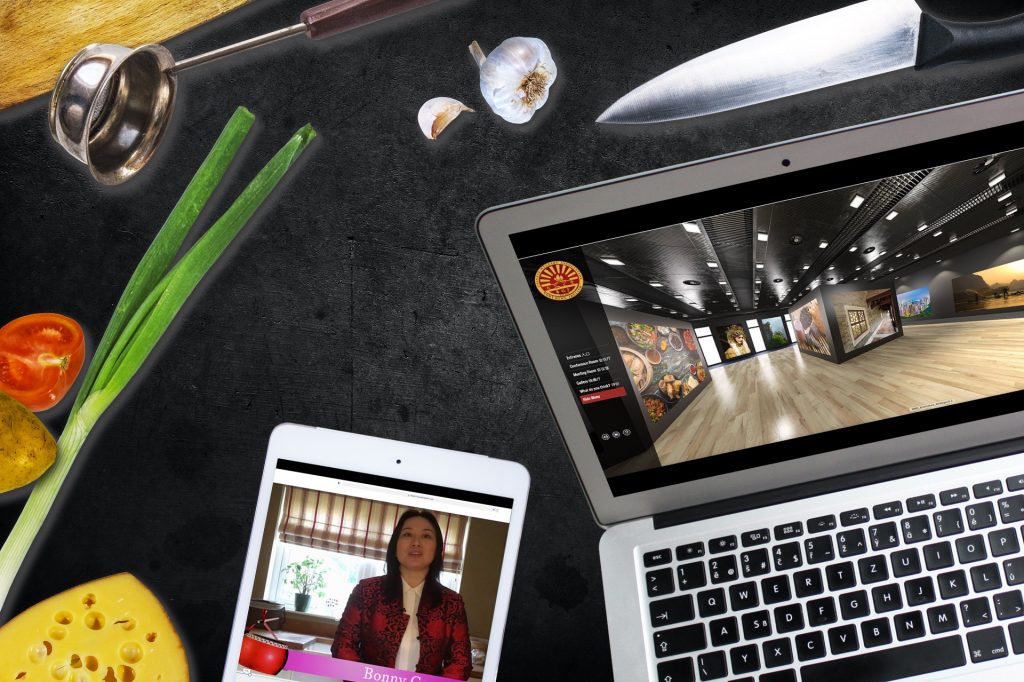
Whats Cooking?
One great example is to bring the rich heritage of Chinese food to life, with young people taking the led. So why not visit our Virtual space and learn more about the different styles of Chinese cooking, and then take a tour of our Virtual Gallery where you can learn more.
Our online resources and how-to videos, will soon get you cooking, as you watch Bonny and her son explain the background to Chinese Food and how it is important in family life.
Then try to keep up with our exciting new talent of the future as he cooks up everyone's favourite.
Virtual Chinese New Year
Behind the Scenes the CWA Team has been hard at work to ensure the Chinese New Year festivities can go ahead. This year as we do things differently the aim will be to take all the best bits of the traditional celebrations and bring them online. From a state of the art audio visual presentation which will be hosted on zoom to the launch of a new look CWA website during the festival we will connect Chinese communities across not just Northern Ireland but across the globe.
Our motto for this year is Keep Strong with the strength of the Ox in mind we will be using new technology to build the strength and resilience of not just the organisation, but the entire community. So join us and help us as we take our community online, and bring our culture to everyone. If you have an interest in all things online we would love to hear from you to become a digital volunteer. From our teenage gamers to our silver surfers we have a role for you in the exciting new online platforms we are developing.
We aim to make it fun and free to get involved with all the support and training you need. So Join the CWA Digital Team today.
https://youtu.be/PNBuGomQezE
CWA's Own Time Team
We are pleased to have a number of experts on board to help us with our Community heritage project. We have called the project 'As Strong as a Ox' which is of course reference to this the year of the Ox. It gives us hope that as we plough a straight furrow and stay focused and strong we will succeed. Many of you also know that Ox work best as part of a team and as we embark on this exiting new field we will be working alongside others with experience in this area.
The team at LEXXER Solutions will be supporting the strategic development as look at how we can better embed heritage work into all we do. We have set them the task of looking at how we need to do things differently during after COVID and as we look at how to turn problems into solutions and difficulties into opportunities we would like to see this aspect of our work digitalised and brought online too. Here The flex Studio who have been working hard to redevelop our website have some exciting new ideas for how we can make heritage as much a part of our future as it is a part of our past.
As always we would like to include you in this new work and while things will be challenging over COVID we want to hear your opinion as things develop. We will be emailing all those on our lists with developments and using Zoom to meet and focus group different aspects, so if you have the time we need you to become part of the team.
Community Heritage Project Wins Funding
The Chinese Welfare Association NI have received a grant of £10,000 from the Community Heritage Fund for local heritage project entitled Strong as an Ox.
We are delighted to be one of
-
29 community heritage projects from across Northern Ireland have been awarded grants totalling £241,900
-
The Community Heritage Fund is being distributed by The National Lottery Heritage Fund on behalf of the Department for Communities
-
The fund is part of the £29million Executive allocation to support the arts, culture, heritage and language sectors in Northern Ireland.
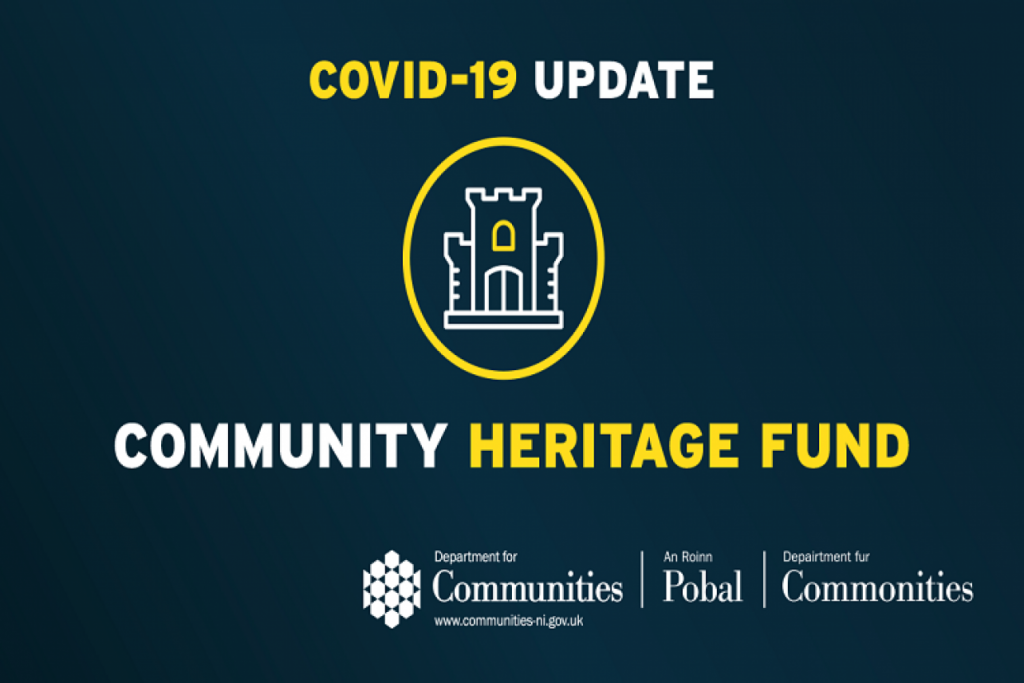
We have been awarded £10,000 through the Community Heritage Fund, to help develop and protect heritage through these difficult times.
The Community Heritage Fund, which The National Lottery Heritage Fund is delivering on behalf of the Department for Communities, will help people in Northern Ireland to connect with their local heritage.
Competition was high and we are grateful to be one of only 29 projects from across Northern Ireland, to have been awarded a share of just under a quarter of a million pounds. This money was earmarked to help people t strengthen connections with the heritage in their community.
It has been a difficult year and like all community and voluntary sector organisations we have felt it acutely. One one hand we see finding and services disrupted and our Centre forced to close, yet we have never been more busy as people really struggle through lockdown.
Therefore it was with some courage and a lot of vision that our Board decided to invest time and effort in breaking new ground. Investing in heritage, in essence investing in the past seems counter-intuitive at a time when we are struggling to secure our future but we believed it was the right thing to do.
We are delighted and thankful that the the Department for Communities and The National Lottery Heritage Fund shared our vision and accepted the logic of the case we presented and provided this funding.
Thanks to this grant, we can reach out to new audiences in our community and help them to better understand the heritage on our doorstep.
It will also help us plan for the future embedding heritage into our work generally and enabling us to take a more strategic sustainable approach.
Finally it will enable us to harness new technology and techniques to bring the past to life and to reconnect our community with their rich heritage.
The Community Heritage Fund is part of the £29 million Executive allocation that was made to the Department for Communities to support the arts, culture, heritage and language sectors which have been severely impacted by COVID-19. This is the latest package of support from The National Lottery Heritage Fund to support the heritage sector across the UK throughout the COVID-19 crisis. Last year, the organisation committed over £600million of National Lottery and Government funding to more than 1,500 heritage organisations, along with expertise and advice
Paul Mullan, The National Lottery Heritage Fund, said:
“Our local places have become more important than ever throughout this pandemic, and through this fund, we hope to encourage people to get to know their local heritage that bit better.
“We’re grateful to the Department for Communities for providing the funding and we’re delighted to fund a diverse range of projects which will make a huge impact on many communities across Northern Ireland.”
To find out more about The National Lottery Heritage Fund, go to: www.heritagefund.org.uk

